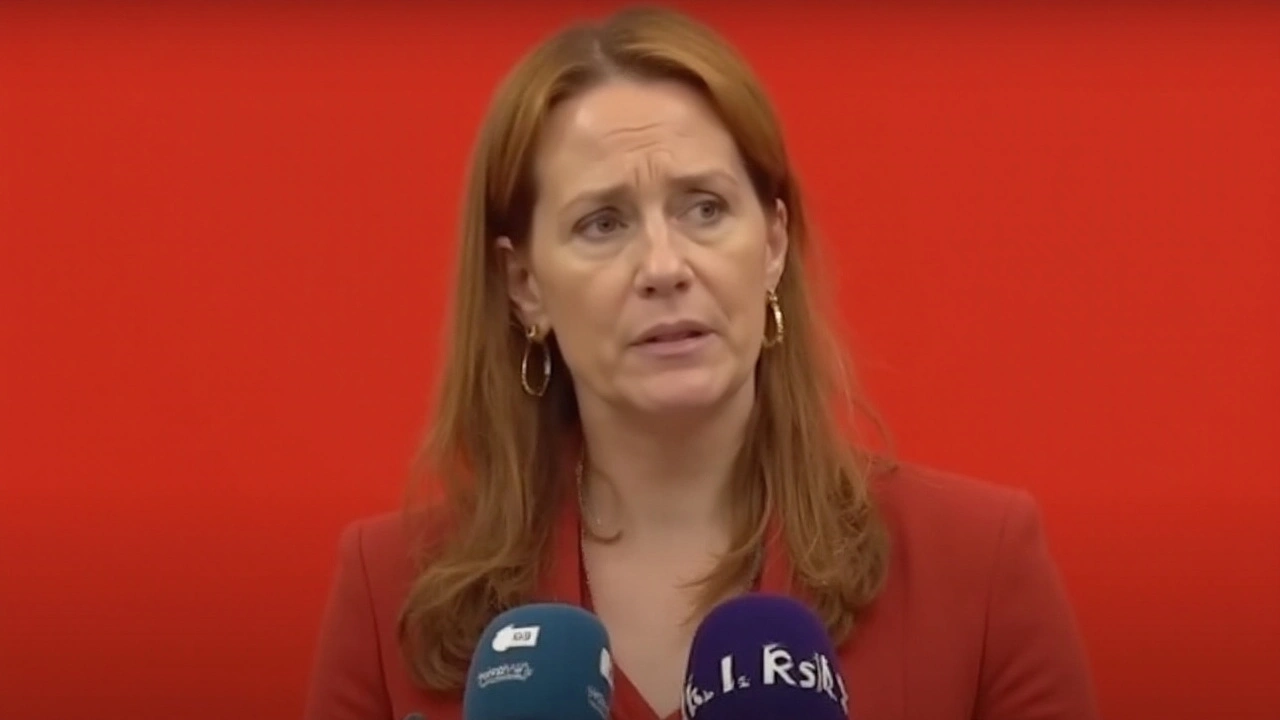Keir Starmer – Quick Guide
If you’ve heard the name Keir Starmer in the news, you probably wonder who he is and why he matters. In plain terms, he’s the leader of the UK Labour Party and the main challenger to the current government. Below we’ll break down his background, how he got to the top, and what he’s pushing for right now.
Early Life and Career
Keir Starmer was born in 1962 in Southwark, London. He grew up in a working‑class family and earned a scholarship to attend a prestigious grammar school. After studying law at university, he became a barrister and quickly made a name for himself as a skilled human‑rights lawyer. In the early 2000s he was appointed Director of Public Prosecutions, a role that gave him national visibility.
Political Rise and Current Position
Starmer entered politics as a Labour MP for Holborn and St Pancras in 2015. He was appointed Shadow Brexit Secretary, where he argued for a second referendum and a clear plan to leave the EU. In 2020, after the party’s defeat in the general election, he was chosen as the new leader. Since taking the helm, he’s focused on rebuilding the party’s image, tightening discipline, and offering a centrist alternative to the conservatives.
What sets Starmer apart is his emphasis on credibility and substance. He often says the Labour Party needs “clear policies, not just slogans.” That’s why his team has released detailed outlines on health care, education, and climate change. For example, his health plan proposes more NHS funding, shorter waiting lists, and expanded mental‑health services.
On the economy, Starmer advocates for higher taxes on the wealthiest, increased investment in green jobs, and support for small businesses. He argues that a fairer tax system can fund public services without hurting growth. Critics say his proposals are too moderate, but his supporters see them as a realistic path to win back voters who drifted to the centre.
Internationally, Starmer pushes for a strong UK role in NATO, close ties with the EU, and a firm stance on human rights. He often references his legal background when discussing rule‑of‑law issues, especially in relation to Russia and China.
Public perception of Starmer is mixed. Some view him as a steady, trustworthy figure who can restore Labour’s credibility. Others think he’s too cautious and lacking charisma. Polls show his approval rating hovering around the mid‑teens, but the numbers fluctuate with each policy announcement and debate performance.
In practice, Starmer’s daily routine involves briefings with policy experts, media interviews, and constituency visits. He tries to stay grounded by listening to everyday concerns—whether it’s a commuter’s frustration with train delays or a parent’s worry about school funding.
So, whether you’re a football fan catching up on the news or just curious about UK politics, knowing who Keir Starmer is helps you understand the broader political landscape. He’s not just a name on a banner; he’s shaping the conversation about the country’s future, from public services to climate action.
Angela Rayner resigns as UK Deputy PM over stamp duty shortfall after ethics probe
Angela Rayner quit as Deputy Prime Minister and Housing Secretary after an inquiry said she fell short of ministerial standards over stamp duty on a £800,000 Hove flat. The report found she acted in good faith but should have sought clearer tax advice. She said she takes full responsibility. Keir Starmer accepted her resignation with sadness, as Labour loses one of its most forceful voices on housing.
